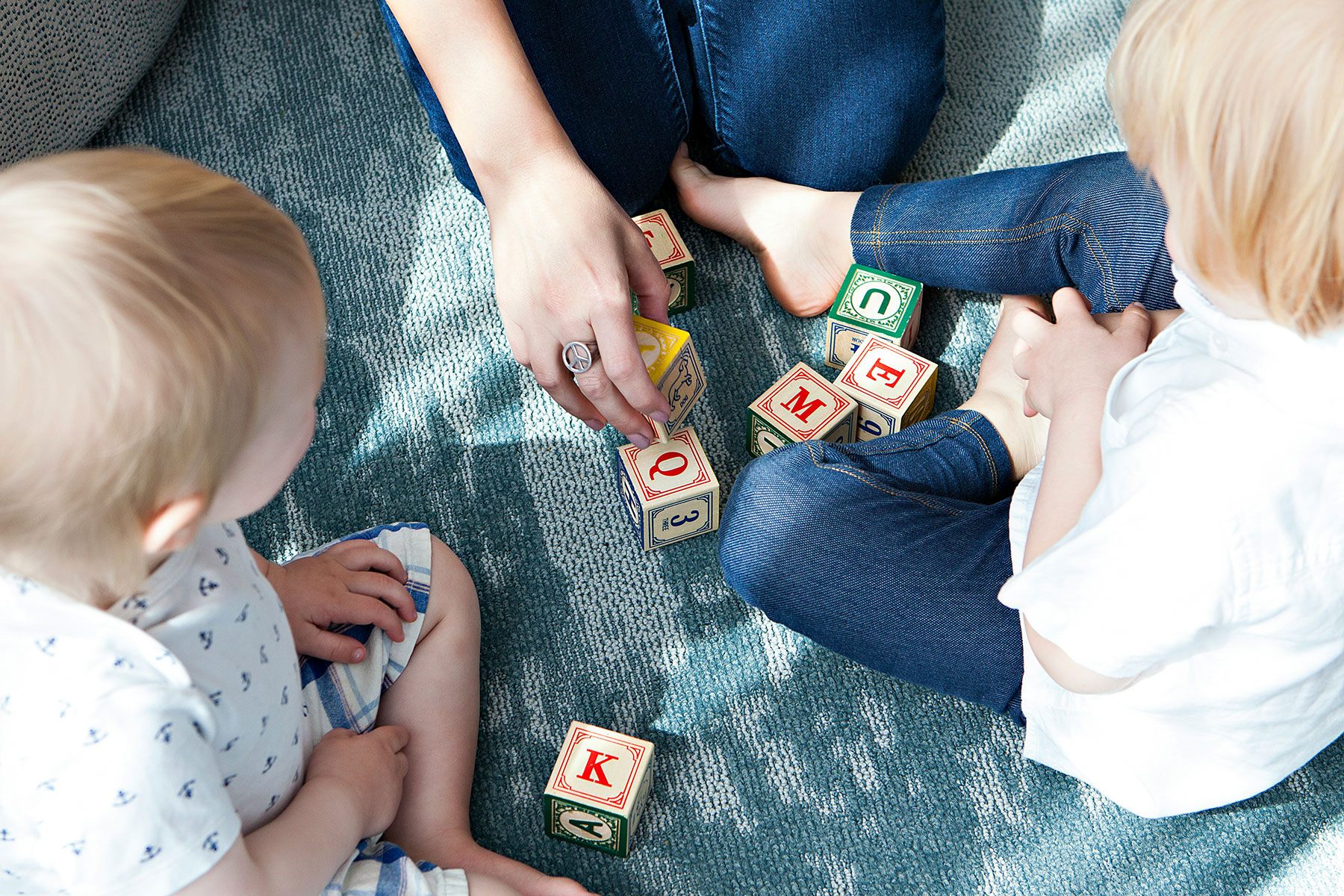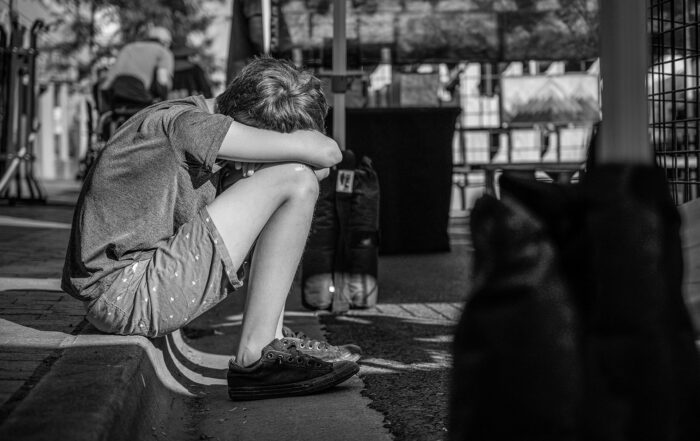
By Joseph Brownstein
While it may not come as a surprise that survivors of childhood traumas have more difficult lives, a new study says that those children can also expect their lives to be on average, almost 20 years shorter.
A new study from the Centers for Disease Control and Prevention shows that children who experience six or more traumatic events in their childhood — events that can include emotional, physical or sexual abuse or household dysfunction — have an average lifespan 19 years shorter than those of their counterparts who do not suffer that degree of childhood trauma.
“The stressors tend to accumulate in people’s lives, and it appears that affects the way they develop and can affect the way they think and their emotional control,” said Dr. Robert Anda, who has served as the co-primary investigator on the CDC’s Adverse Childhood Experiences (ACE) study.
Share This Post!
Child abuse and eating disorder symptoms: Shedding light on the contribution of identification with the aggressor
Source: ScienceDirect Childhood abuse has been increasingly recognized as a risk factor for eating disorder symptoms. Additionally, it has been demonstrated that childhood abuse may lead to identification with the aggressor, an automatic [...]
Can the positive buffer the negative? Testing the impact of protective childhood experiences on adjustment in adults following trauma exposure
Source: National Library of Medicine It is unclear if protective childhood experiences (PCEs), like emotional support and economic stability, exert influence on adulthood adjustment. Prior research suggests PCEs can promote childhood resilience through [...]
Complex Trauma Effects
Source: The National Child Traumatic Stress Network (NCTSN) Children whose families and homes do not provide consistent safety, comfort, and protection may develop ways of coping that allow them to survive and function [...]
Trauma-Informed Organizations
Source: The National Child Traumatic Stress Network (NCTSN) Part 2 provides a broad overview of how to create and implement an institutional framework for trauma-informed services in program delivery and staff development, policies [...]
Early childhood trauma and its long-term impact on cognitive and emotional development
Source: National Library of Medicine Childhood trauma has profound, long-term effects on cognitive and emotional development. This systematic review and meta-analysis sought to synthesis the evidence around the long-term impact of [...]
Helping children who have or are experiencing trauma this holiday season
For many, the holiday season is a joyful one – the popular song “Have a Holly, Jolly Christmas” comes to mind – but for children who have or are experiencing trauma, Christmas, [...]







